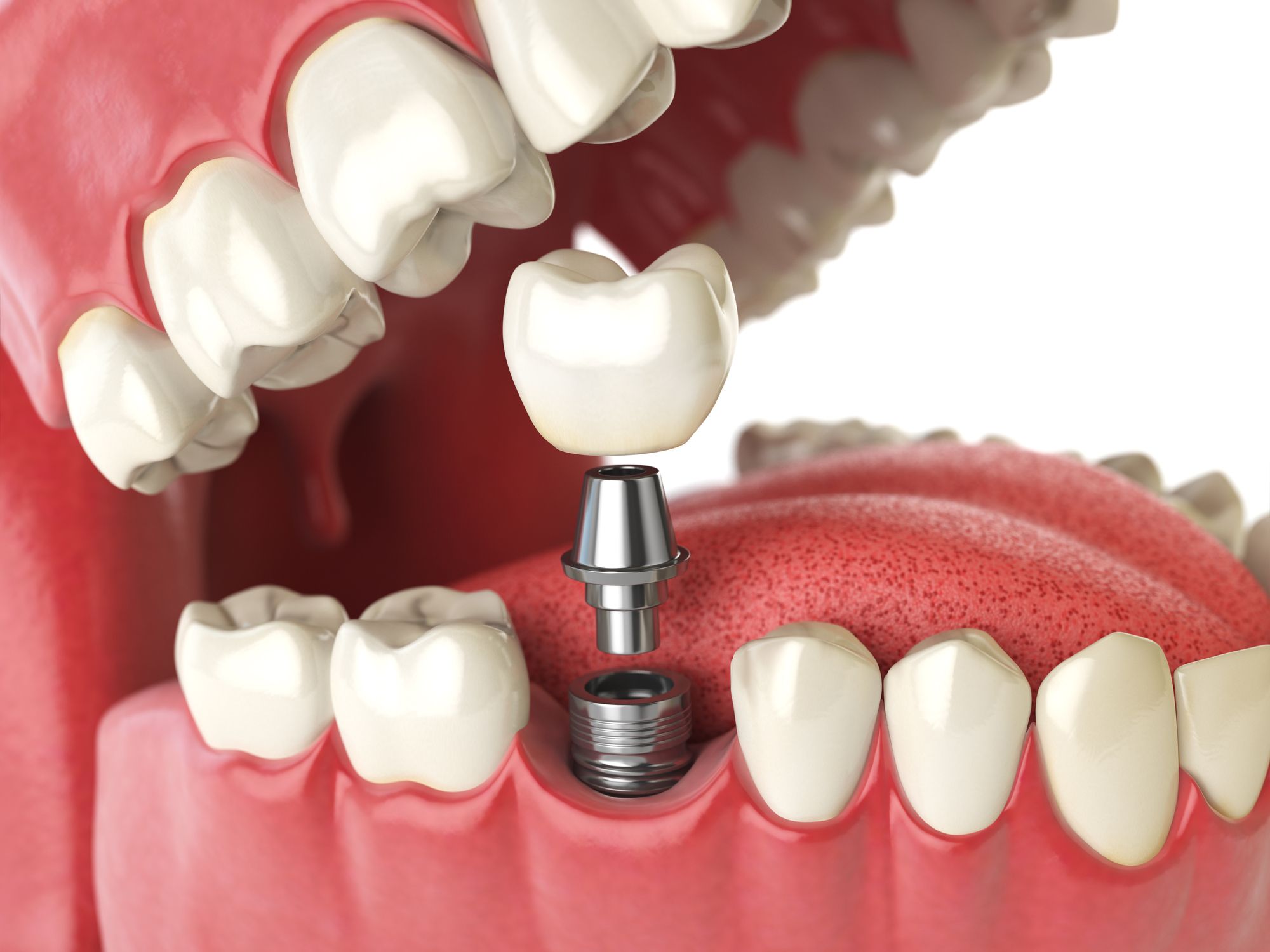Side Effects of Dental Implants
 Our doctors at Dental Associates of New England in Boston, MA, routinely place dental implants routinely to help patients address tooth loss. Dental implant placement requires an oral surgery procedure.
Our doctors at Dental Associates of New England in Boston, MA, routinely place dental implants routinely to help patients address tooth loss. Dental implant placement requires an oral surgery procedure.
Like other surgical treatments, side effects from dental implant side surgery can be expected. But how can you know if you are experiencing normal, temporary side effects, or if there are more serious issues going on? In this article, our team discusses the differences between temporary side effects and warning signs of implant failure.
Temporary Side Effects
Following dental implant surgery, patients can expect a few typical, short-term side effects. These may include:
- Bleeding
- Tenderness or discomfort
- Swelling of the jaw
- Inflammation of the gums
- Bruising
Bleeding typically lasts for 24 to 48 hours, while swelling may linger for three or four days. Bruising does not alway occur, but when it appears, it usually diminishes in about one week.
Addressing These Effects
Following post-operative guidelines provided by the team at our Boston practice can help reduce side effects after dental implant surgery. Here are a few recommendations that can help patients enjoy a speedy recovery:
Bleeding
Some bleeding is normal after dental implant surgery.If bleeding persists, place gauze packs over the surgical sites and bite down firmly. Apply steady pressure for about 15 minutes, then remove. If bleeding still occurs, try placing a moistened tea bag over the area and biting down again. Tea naturally contains tannic acid, which can help slow bleeding.
Swelling
To reduce swelling, apply cold compresses or ice packs to the external jaw. Leave in place for approximately 20 minutes, then remove. Repeat this process as often as necessary for the first couple of days.
Pain or Discomfort
Your dentist will provide you with prescription medications. This often includes antibiotics and pain relievers. Be sure to take all medications exactly as directed. You can also take over-the-counter pain relievers as needed, such as ibuprofen or naproxen.
Signs of Dental Implant Failure
Dental implants have an impressive success rate, but they are not immune to problems. Warning signs of failure may be present immediately after implant placement, but they often develop weeks, months, or even years after the surgery. Some symptoms that could indicate dental implant failure include:
- Increased swelling
- Infection or drainage
- Chewing difficulties
- Gum recession
- Implant mobility
- Severe discomfort
Dental implant failure may be due to several factors, including poor oral hygiene or trauma. The two most common reasons are gum disease and failed osseointegration – a process in which the bone tissue fuses to the implant.
How to Reduce the Risk of Failure
While it is impossible to avoid implant failure altogether, there are plenty of steps you can take to reduce the risk. For example:
- Practice good oral hygiene. Brush and floss every single day. Consider using an antibacterial mouthwash to reduce harmful bacteria.
- Attend routine dental visits. See your dentist for exams and cleanings at least every six months.
- Avoid tobacco products. Smoking hinders healing and can compromise the long-term success of dental implants.
- Treat bruxism. If you clench or grind your teeth, wear a night guard to protect your implants and your natural teeth from damage.
- Avoid bad habits. Never use your teeth or dental implants to cut tape, tear tags off of clothing, or open packages. These habits can lead to damage or failure.
Learn More about Dental Implants
Are you considering dental implants? It is important to be well-informed about possible side effects. To learn more, schedule a consultation at our Boston, MA, practice. Call us at (781) 890-4900 or contact us online anytime.



